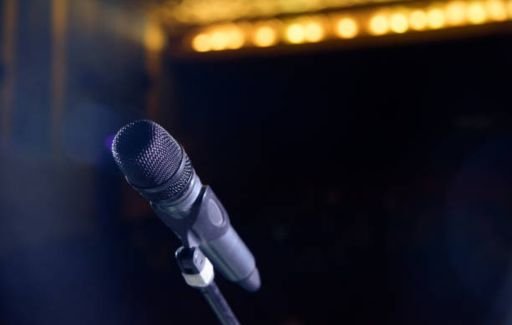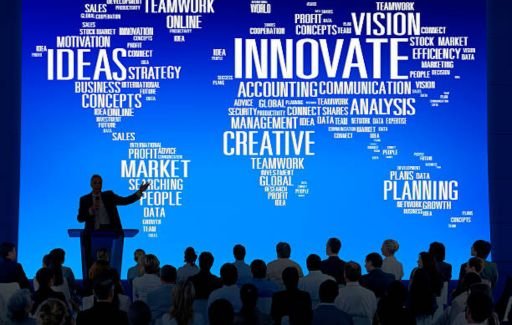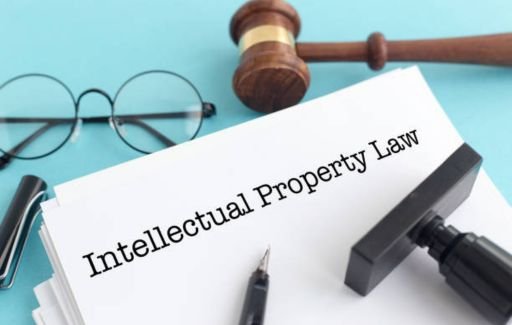


Plagiarism occurs when someone takes credit for words or ideas that are not originally their own. While plagiarism is frowned upon in academic and professional settings, it also occurs in famous speeches by politicians and public figures. When exposed, these high-profile cases of copying others' work without attribution often make headlines.
Famous speeches can inspire audiences and rally support for causes and policies. However, revelations that parts of an iconic speech were plagiarized can seriously damage a speaker's reputation. In this blog, we will look at some of the most famous incidents of plagiarism in pivotal speeches and examine the fallout.
In 1987, Joe Biden was running for the 1988 Democratic presidential nomination. Parts of his campaign stump speech were found to be very similar to a previous speech by Neil Kinnock, the British Labour Party leader.
Biden had failed to credit Kinnock when borrowing phrases like "Why am I the first Kinnock in a thousand generations to be able to get to university?” Biden eventually admitted to plagiarizing Kinnock’s work and other speeches throughout his academic career. This revelation damaged his campaign and led to his withdrawal from the race.
During his 2008 presidential campaign, Barack Obama gave a famous "Yes We Can" speech after the New Hampshire primary. However, it was discovered that Obama had incorporated phrases from a 2004 speech by Governor Deval Patrick of Massachusetts without attribution.
One copied line was, "We hold these truths to be self-evident, that all men are created equal.” Despite criticism in the media, the incident did minimal damage to Obama's successful campaign.
During his lifetime, Dr. Martin Luther King Jr. established a reputation as a pioneering civil rights activist and one of the greatest orators in history. However, after his death, scholars examining King's doctoral dissertation found that large sections were plagiarized from a dissertation by another student.
Despite the plagiarism, officials at Boston University decided not to revoke King's doctorate given his tremendous contributions to society. But the discoveries do tarnish his reputation to some extent.
In 2006, American researchers discovered that substantial portions of Russian President Vladimir Putin's economics thesis were copied word-for-word from a management text published by two University of Pittsburgh academics in 1978.
Putin's plagiarized thesis earned him a candidate degree, equivalent to a PhD in the West. The copied sections lacked proper citations or references to the source.
At the 2008 Democratic National Convention, Michelle Obama delivered an acclaimed speech about family values and patriotism. But journalists noted the striking similarities between Obama’s speech and one given by Elizabeth Dole at the 1996 Republican convention.
Phrases like “the only limit to the height of your achievements is the reach of your dreams and your willingness to work for them" were nearly identical. Obama's speechwriter later admitted to borrowing passages without attribution.
During his 2010 Senate campaign, Kentucky politician Rand Paul was accused of plagiarizing sections of speeches and published works by several sources.
In one case, Paul copied three paragraphs verbatim from a Heritage Foundation case study without referencing the work. Further investigations uncovered other examples of plagiarism in his speeches, books, and op-eds. Paul eventually took responsibility for the plagiarism and vowed to be more cautious with citations.

There are several reasons why even prominent politicians and leaders commit plagiarism in major speeches:
High-profile cases of plagiarism in politics, academia, and other fields typically have serious repercussions:

Plagiarism, intentional or accidental, is a persistent threat to public figure communications. Some tips to avoid plagiarized speeches include:
Plagiarism in famous speeches often makes news and raises questions. Here are answers to some common FAQs on the topic:
A: Yes, both Joe Biden and Barack Obama were found to have incorporated unattributed passages into campaign speeches during their presidential runs. However, the plagiarism incidents did not ultimately stop either from being elected president.
A: After King's 1968 assassination, scholars examining his 1955 doctoral dissertation found that large sections were copied from a dissertation written by another student in 1952.
A: Yes, it was discovered that Melania Trump's 2016 RNC speech included two paragraphs copied almost verbatim from Michelle Obama’s 2008 Democratic convention speech.
A: In 1987, U.S. senator and presidential candidate Joe Biden admitted to plagiarizing portions of speeches by Robert Kennedy, Hubert Humphrey, and other political figures throughout his academic and political career.
A: No sitting president has lost their academic degree due to plagiarism. However, Vladimir Putin's economics degree in Russia was found to contain extensive plagiarism, a scandal that did not prevent him from becoming president.
Famous plagiarized speeches can cause rapid falls from grace. While public figures face heavy workloads and time limitations, copying others’ words or ideas without credit is never justified. You can find out plagiarism from your work by checking it through this plagiarism checker.
With care, attention, and honesty, high-profile speakers can maintain trust by inspiring audiences with original and authentic messages. Wise leaders understand that real achievement lies in advancing ideas, not claiming them as your own.